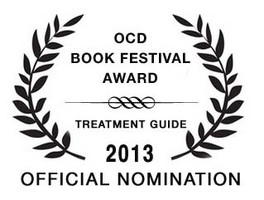
Phobia
Phobias are characterized by strong anxiety in particular situations that is out of proportion to the situation or otherwise unrealistic. Avoidance of people, places, or situations is high. The fear and avoidance causes great interference and/or distress in daily life (e.g., normal routines, work, school, family life, and relationships).
Treatment of Phobias:
Effective treatment for Phobias involves cognitive-behavioral therapy (CBT) and the development of effective coping tools. CBT involves cognitive restructuring, which allows one to learn to challenge the accuracy of phobic thoughts. CBT also involves exposure therapy to learn to approach anxiety-provoking situations to reduce anxiety and avoidance. Exposure therapy involves facing actual situations as well as imagined situations (e.g., situations that are hard to experience live, such as drowning). Exposure therapy and other cognitive behavioral goals help reduce the frequency and intensity of phobic thoughts, while decreasing avoidance and modifications in daily activities due to fear.
Examples of therapy goals for treating specific phobias:
- Step-by-step guide based on your individual needs to recover.
- Reducing avoidance behaviors.
- Incremental exposure therapy to learn to approach feared situations, including interoceptive exposure/desensitization.
- Cognitive therapy to replace exaggerated, fearful thinking with more realistic and healthy thinking.
- Changing the way you think and behave which create the ongoing apprehension and worry.
- Relaxation training.
- Relapse prevention strategies.




